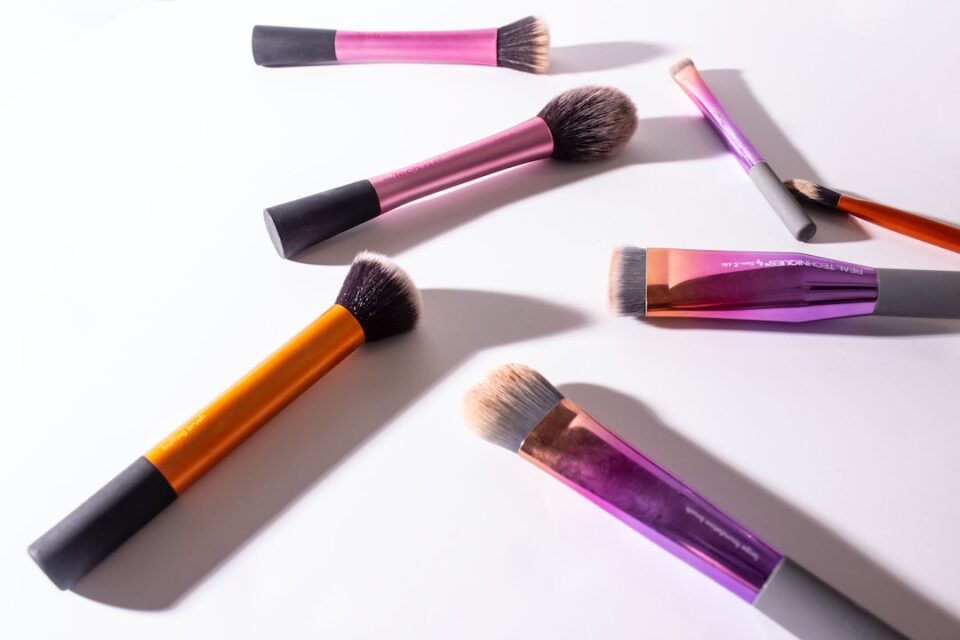How to Repair Damaged Hair: Restoring Health and Shine
We all desire lustrous, healthy hair that shines with life. However, frequent exposure to heat styling tools, chemical treatments, and harsh environmental factors can often leave our hair damaged, brittle, and lacking in vitality. Thankfully, repairing damaged hair is not an impossible task. With the right knowledge and care, you can restore your hair’s health and bring back its natural shine. Let’s explore some effective ways to repair damaged hair.
1. Trim Regularly:
One of the first steps in repairing damaged hair is to trim off the split ends. Regular trims every 6-8 weeks will prevent split ends from traveling up the hair shaft and causing further damage. This promotes healthier hair growth and prevents breakage, giving your hair a fresh start.
2. Use Gentle Shampoos:
Harsh sulfates and detergents found in many shampoos can strip away the natural oils from your hair, leaving it dry and prone to damage. Opt for gentle, sulfate-free shampoos that cleanse without stripping your hair’s natural moisture. Look for ingredients like argan oil, coconut oil, or jojoba oil, which nourish and repair damaged hair.
3. Deep Conditioning:
Deep conditioning treatments are a great way to restore moisture and vitality to damaged hair. Look for deep conditioners that are rich in proteins, keratin, and natural oils. Apply the deep conditioner to damp hair, focusing on the ends, and leave it on for the recommended time before rinsing it thoroughly. These treatments will help replenish lost moisture and strengthen your hair, making it less susceptible to further damage.
4. Minimize Heat Styling:
Excessive heat styling can wreak havoc on your hair, causing it to become weak and prone to breakage. Whenever possible, embrace your natural hair texture and avoid using heated tools such as straighteners, curling irons, and blow dryers. If you must use them, apply a heat protectant spray or serum to minimize damage.
5. Protect Your Hair from the Sun:
The sun’s harmful UV rays can damage your hair, leading to dryness, brittleness, and color fading. Protect your hair by wearing a hat or scarf when exposed to prolonged sun exposure. Additionally, use hair products that contain UV filters to shield your hair from sun damage.
6. Minimize Chemical Treatments:
Chemical treatments such as coloring, perming, or relaxing can severely damage your hair. If possible, give your hair a break from these treatments to allow it to recover. If you still choose to undergo chemical treatments, ensure that you consult a professional stylist and follow a proper aftercare routine to protect your hair.
7. Eat a Balanced Diet:
Just like your skin, your hair benefits from a healthy and balanced diet. Include foods rich in vitamins, minerals, and proteins, such as fruits, vegetables, lean meats, fish, and nuts. These nutrients provide the necessary building blocks for strong, healthy hair.
8. Avoid Excessive Brushing:
Brushing your hair excessively, especially when it’s wet, can lead to breakage and damage. Use a wide-toothed comb or a brush specifically designed for wet hair to gently detangle your locks. Start from the ends and work your way up to avoid unnecessary strain on your hair.
9. Sleep on Silk or Satin:
Cotton pillowcases can cause friction and lead to hair breakage and frizz. Switch to silk or satin pillowcases, as they provide a smoother surface for your hair to glide on. This minimal friction will help maintain your hair’s moisture and prevent damage.
10. Be Patient:
Restoring damaged hair takes time, so be patient with your hair’s recovery process. Consistency with proper hair care and a healthy lifestyle will gradually bring back the health and shine to your locks. Remember, repairing damaged hair is a journey, and the results will be worth the effort.
In conclusion, repairing damaged hair requires a combination of care, patience, and lifestyle changes. Regular trims, gentle shampoos, deep conditioning treatments, and avoiding harsh styling and chemicals are key steps in the process. Nourish your body with a balanced diet and protect your hair from environmental damage. With time and effort, you can revive your damaged hair and regain its natural health and shine.

